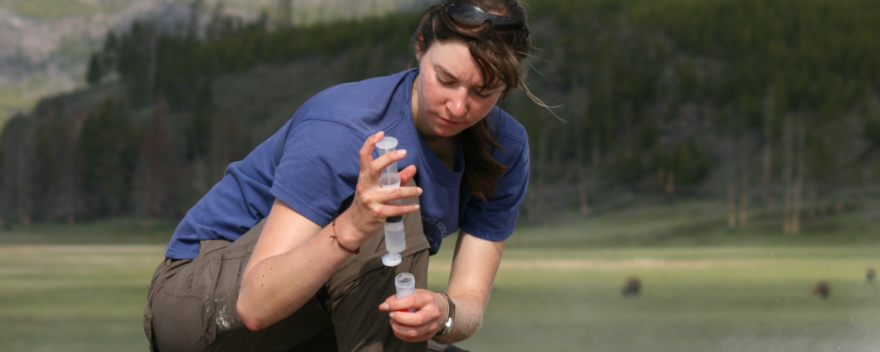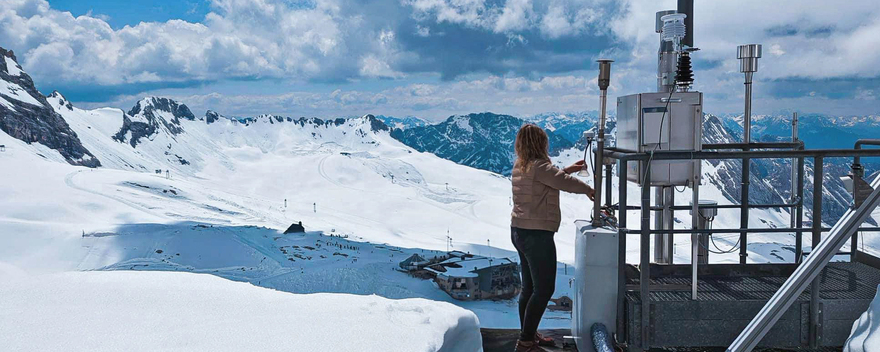The Bayreuth Centre for Ecology and Environmental Research is an interdisciplinary research centre at the University of Bayreuth. It brings together the expertise of over 30 working groups from the university's biosciences and geosciences. In our research and teaching, we address the major ecological challenges of our time: global change and climate change, the loss of biodiversity and ecosystems, and the sustainable use of natural resources. BayCEER scientists are in constant regional, national and international dialogue with politicians and practitioners in order to facilitate knowledge-based decisions and sustainable solutions to these challenges.
Kontakt:




